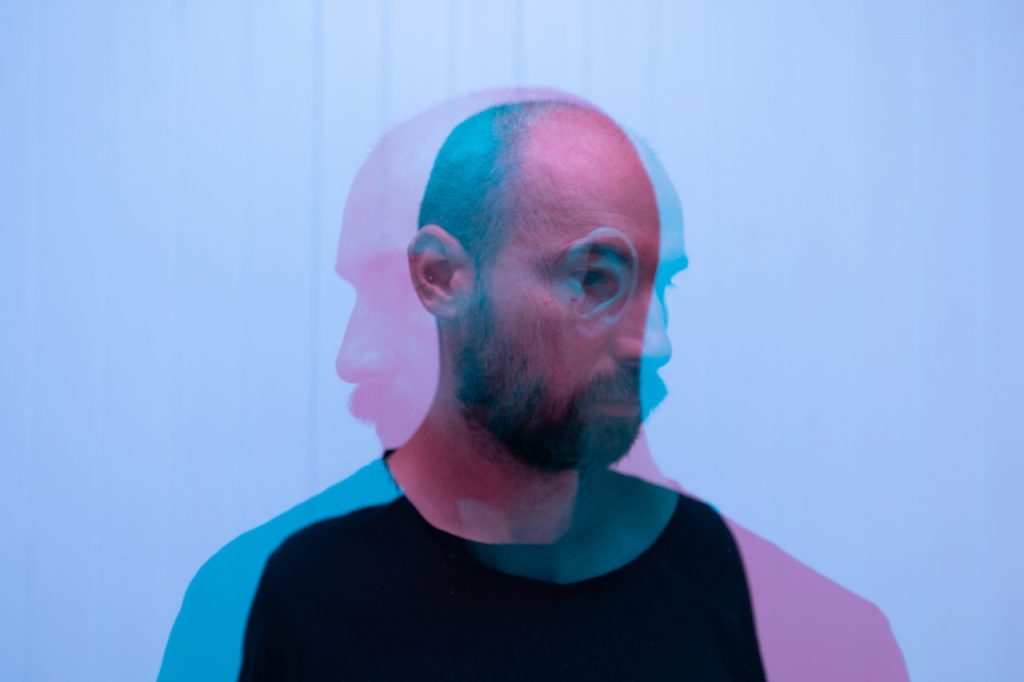
Bipolar disorder affects roughly 3% of the population in the United States. Bipolar disorder also called manic depression is a brain disorder that causes significant shifts in energy, mood, activity and the ability to carry out daily tasks. The mood swings affect sleep, energy, behavior activity, judgment, and thinking ability. Understanding the symptoms of bipolar disorder is the first step in treating it.
Symptoms are not like the ups and downs that people go through occasionally and includes very extreme lows and unusual highs. Manic episodes can last a few days or longer.
During a depressive episode of bipolar disorder, people often feel sad, hopeless and apathetic. Depressive episodes last longer than manic episodes, usually lasting between one to three weeks.
When someone experiences a manic episode of bipolar disorder, they may feel euphoric energetic and express overboldness. This can lead to risk taking behaviors. At times their behavior might seem bizarre or that they have lost touch with reality.
Sometimes an episode has both depression and mania which is called a mixed state.
There are four main symptoms of a manic episode.
- Feeling super energetic, extra awake, hyper, rushed or out of control.
- No desire or need for sleep. Manic episodes in bipolar disorder can make a person feel so energized that they don’t want to sleep.
- Being impulsive, which can lead to reckless behaviors like overspending, risky sexual behaviors, dangerous activities and even crime. It can include minor things like skipping school or work.
- Racing heart rate, speech patterns and thoughts. During a manic episode those with bipolar disorder might feel like their thoughts are going a mile a minute, their heartrate might increase and the combination of the racing thoughts and heart can lead to strange speech patterns such as talking very fast, being confusing or jumping from subject to subject.
There are four main symptoms of a depressive episode.
- Loss of interest in activities the person once enjoyed. Feelings of not caring or apathy. The loss of interest can make it difficult to do daily things like getting out of bed, eating and getting dressed. Some individuals with bipolar disorder can have disruptions in working, caretaking and other tasks.
- Lack of energy and/or insomnia. Depression can cause problems with the quality of sleep or the increased need for sleep. Sometimes person will sleep too much.
- Feeling guilty or worthless. Sometimes depressive episodes include overwhelming feelings of guilt or intense worthlessness.
- Extreme feelings of despair, sadness or feeling overwhelmed. These symptoms of bipolar disorder can also intensify other symptoms of depressive episodes.
For a person with bipolar disorder these mood swings may occur rarely or several times during the year. Some experience mood swings between episodes while others do not.
Bipolar disorder is a lifelong condition. But it is highly treatable with therapy and medications and can be managed to keep symptoms at bay.
Contact Me In Chandler, Arizona Today
If you live in Chandler, Arizona and are showing symptoms of bipolar disorder, contact me today to schedule an appointment!